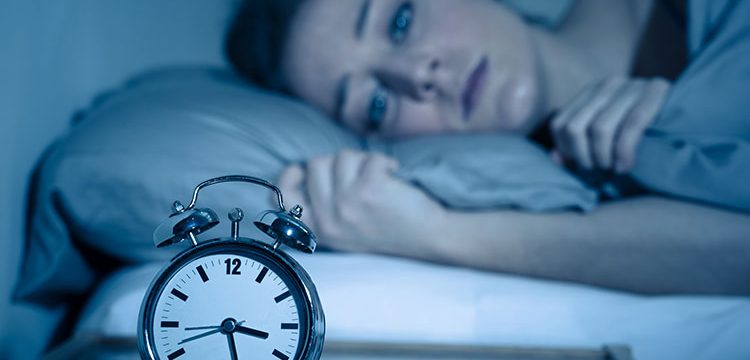Having trouble sleeping lately? You could be suffering from sleep disorders. Sleep disorders have numerous factors that can cause them. However, the end result is the same. Your natural cycle of sleep and wakefulness becomes distorted or disturbed. The lack of sleep can spill over into your professional and personal life with devastating effects.
Common Causes of Sleep Disorders
There are a number of factors that could be the reason behind you not getting any proper, healthy sleep. Some common causes include:
- Your Environment
- Your Mental Health
- Medical Problems
- Physical Issues
- Aging
- Medication
- Working Night Shifts
- Genetics
Let’s take a brief look at each factor to see if you can recognize any of these factors in your life. They could be contributing to your lack of sleep and productivity. Read on for more.
1. Your Environment
Some of the most common issues disrupting your natural sleep and wakefulness cycle can be found in your immediate environment. Take careful stock of your surroundings, especially where you sleep. Does external light from a lamppost, signboard and/or traffic enter your room? Do noises like snoring or airplanes frequently keep you up?
In many cases, what you assumed was a sleep disorder is merely things in your environment preventing you from getting restful sleep. If this continues for long periods, you could develop sleep disorder symptoms.
2. Your Mental Health
Many mental health problems can be the culprit behind you not getting enough sleep. Depression and anxiety can cause you to develop symptoms similar to sleep disorders. Especially if your mental illness remains undiagnosed. Patients suffering from depression/and or anxiety often complain about lack of sleep.
3. Medical Problems
Medical issues, especially those related to respiration, can cause you to develop sleep disorder symptoms. Issues like asthma can prevent you from getting restful sleep. In some cases, you may even have more severe illnesses like bronchitis that can keep you up for long periods at night.
4. Physical Issues
In many cases, a history of physical issues could be the reason behind your sleep disorder. If you have fibromyalgia, headaches, or even arthritis, the accompanying chronic pain won’t make sleeping easy. You may need to consult your physician.
5. Aging
As people age, they become more prone to sleep disorders than when they were younger. Over 50% of adults aged 65 or older suffer from some type of sleep disorder. However, science is not exactly sure why this happens. Many believe it is a result of the extra medication older people take, for high blood pressure, for example. This is one reason why healthy supplements to improve brain function are so important in old age.
6. Medication
Prescription, and in some cases over-the-counter, medication can interfere with your sleeping patterns. Certain types of medication used to treat varying illnesses like the common cold, heart disease, and depression can prevent you from getting a good night’s sleep.
7. Working Night Shifts
If you work at night, you have an increased chance of developing a sleep disorder. The human body clock is conditioned to do activities on a completely different schedule. As a result of your job, you may not be able to sleep when you feel drowsy.
8. Genetics
In some cases, genetics could be the reason behind you developing symptoms similar to a sleep disorder. Recent research suggests that illnesses like narcolepsy may actually have a genetic basis. Narcolepsy is more of a neurological disorder than a sleep disorder but it does affect your sleeping patterns. The disease targets the brain’s ability to regulate sleep and wakefulness.
The eight factors, or a combination of any of them, could be the reason behind your sleep disorder. Luckily, we have an excellent blog on sleep tips that may help you get a better night’s sleep at the end of the day. Consult your physician or psychologist as well. You may need to discuss the symptoms you experience and be prescribed a different medication.




